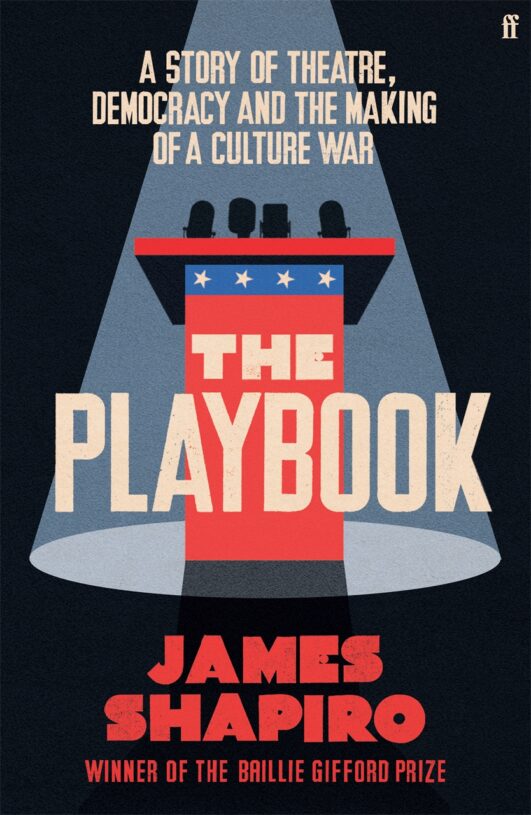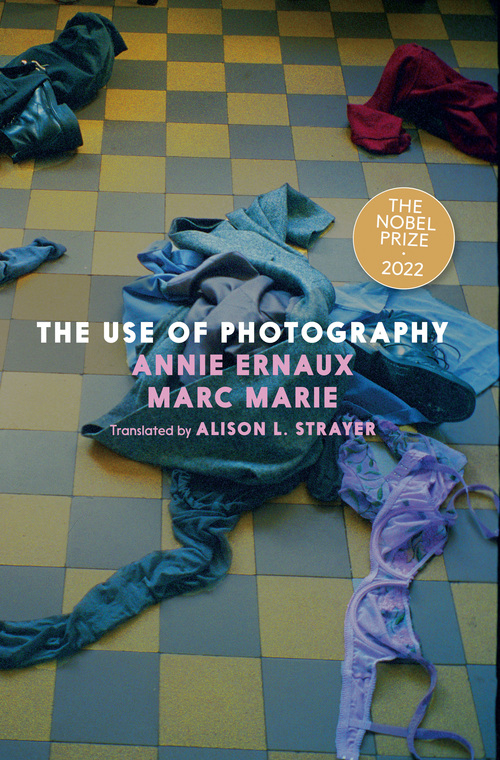The Playbook: A story of theatre, democracy and the making of a culture war
Faber, $39.99 hb, 380 pp
ABR receives a commission on items purchased through this link. All ABR reviews are fully independent.
Playing for real
James Shapiro, a professor of English at Columbia University in New York, starts his new book with an epigraph listing two dictionary definitions of ‘playbook’: ‘[a] book containing the scripts of dramatic plays’, but also a ‘set of tactics frequently employed by one engaged in a competitive activity’. The Playbook turns on bringing these two definitions together. It argues that the Federal Theatre Project that developed in the United States between 1935 and 1939, as part of Franklin D. Roosevelt’s New Deal program, was effectively scuppered by the political machinations of ambitious Texas congressman Martin Dies. In 1938, the wily Dies succeeded in setting up the House Un-American Activities Committee (HUAC), with himself at its head. HUAC became notorious during the Cold War, under the direction of Joseph McCarthy, for its persecution of political dissenters. Shapiro’s thesis is that its nefarious influence began earlier, with the democratic principles he regards as inherent in theatre being peremptorily shut down by Dies’s political opportunism. Shapiro presents this conflict as a forerunner of more recent American culture wars driven by Pat Buchanan in the early 1990s through to Donald Trump in the present day.
Continue reading for only $10 per month. Subscribe and gain full access to Australian Book Review. Already a subscriber? Sign in. If you need assistance, feel free to contact us.
The Playbook: A story of theatre, democracy and the making of a culture war
by James Shapiro
Faber, $39.99 hb, 380 pp
ABR receives a commission on items purchased through this link. All ABR reviews are fully independent.











Leave a comment
If you are an ABR subscriber, you will need to sign in to post a comment.
If you have forgotten your sign in details, or if you receive an error message when trying to submit your comment, please email your comment (and the name of the article to which it relates) to ABR Comments. We will review your comment and, subject to approval, we will post it under your name.
Please note that all comments must be approved by ABR and comply with our Terms & Conditions.